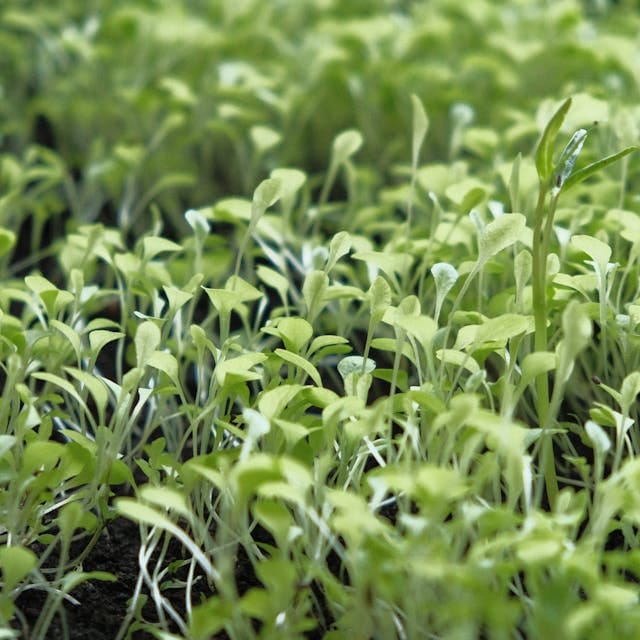Soil health is incredibly important because it directly impacts the environment, agriculture, and the overall well-being of ecosystems. Healthy soil provides numerous benefits that are crucial for both natural systems and human societies. Here are some key reasons why soil health matters:
- Supports Plant Growth: Healthy soil contains essential nutrients, minerals, and organic matter that plants need to grow. It helps retain water, making it available to plants during dry periods, and ensures that roots have enough space to expand and thrive.
- Biodiversity: Soil is home to a wide range of organisms like bacteria, fungi, earthworms, and other microorganisms that contribute to nutrient cycling and organic matter decomposition. This biodiversity helps maintain ecological balance and supports the broader food web.
- Carbon Sequestration: Soil acts as a carbon sink, storing large amounts of carbon. Healthy soils, particularly those with high organic matter, can capture and hold carbon from the atmosphere, reducing the effects of climate change. Poor soil management can release this carbon, contributing to greenhouse gas emissions.
- Water Filtration and Retention: Healthy soils help filter and clean water as it percolates through. This prevents pollutants from entering water sources and enhances the soil’s ability to store water, reducing the risk of floods and improving water availability during droughts.
- Erosion Prevention: Healthy soil with a good structure prevents erosion. It has the ability to bind together, reducing the risk of soil loss due to wind or water, which is especially critical in agricultural regions.
- Increased Agricultural Productivity: Healthy soil increases agricultural yields and reduces the need for chemical fertilizers and pesticides. When soil health is maintained, crops are more resistant to pests and diseases, and yields are more sustainable over the long term.
- Human and Animal Health: Healthy soil contributes to the production of nutritious food. Crops grown in nutrient-rich soils tend to be healthier and more flavorful, and livestock that graze on healthy pastures are less likely to have health problems. Also, clean water and soil reduce the risk of contamination and disease transmission.
- Resilience to Climate Change: Soils with high organic matter content and good structure are more resilient to extreme weather events like heavy rainfall or drought. This makes agricultural systems more adaptable and helps ecosystems remain stable in the face of climate change.
Overall, maintaining soil health is essential for ensuring food security, protecting biodiversity, mitigating climate change, and promoting sustainable environmental practices. It’s a cornerstone of long-term ecological and economic stability.
